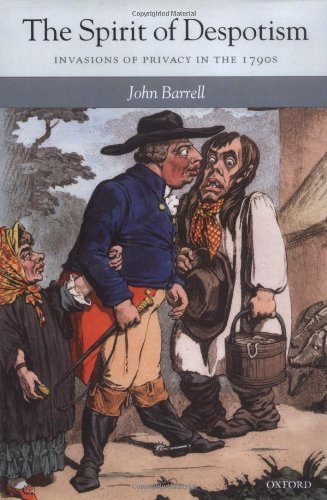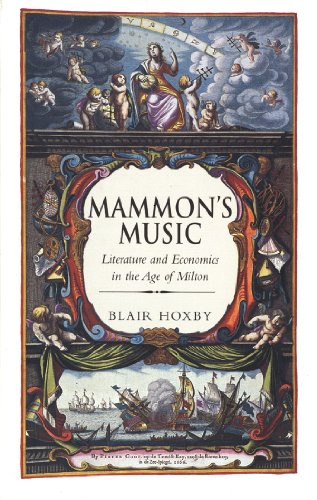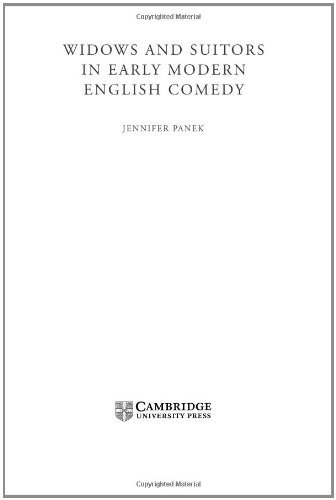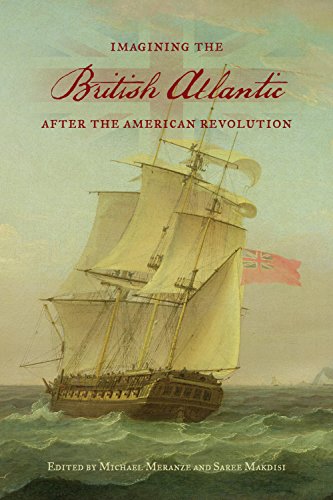Download The Spirit of Despotism: Invasions of Privacy in the 1790s by John Barrell PDF

By John Barrell
Read or Download The Spirit of Despotism: Invasions of Privacy in the 1790s PDF
Similar british & irish contemporary literature books
Mammon's Music: Literature and Economics in the Age of Milton
The industrial revolution of the 17th century deeply replaced English tradition. during this bold ebook, Blair Hoxby explores what that financial transformation intended to the century’s maximum poet, John Milton, and to the wider literary culture during which he labored. Hoxby locations Milton’s workas good because the writings of latest reformers just like the Levellers, poets like John Dryden, and political economists like Sir William Pettywithin the framework of England’s financial historical past among 1601 and 1724.
Widows and Suitors in Early Modern English Comedy
The courtship and remarriage of a wealthy widow was once a well-liked motif in early sleek comedian theatre. Jennifer Panek brings jointly a wide selection of texts, from ballads and jest-books to sermons and courtroom documents, to envision the staple widow of comedy in her cultural context and to check early glossy attitudes to remarriage.
Imagining the British Atlantic after the American Revolution (UCLA Clark Memorial Library Series)
Among 1750 and 1820, tides of revolution swept the Atlantic international. From the hot commercial cities of significant Britain to the plantations of Haiti, they heralded either the increase of democratic nationalism and the next surge of imperial response. In Imagining the British Atlantic after the yankee Revolution, 9 essays think of those innovative differences from quite a few literary, visible, and old views.
Virginia Woolf: The Patterns of Ordinary Experience
In her well timed contribution to revisionist ways in modernist experiences, Lorraine Sim deals a analyzing of Virginia Woolf's belief of normal adventure as printed in her fiction and nonfiction. Contending that Woolf's representations of lifestyle either recognize and supply a problem to characterizations of way of life as mundane, Sim exhibits how Woolf explores the opportunity of daily adventure as a domain of private that means, social knowing, and moral worth.
- Eighteenth-Century Women's Writing and the 'Scandalous Memoir'
- French Connections in the English Renaissance
- Gender and Representation in British ‘Golden Age’ Crime Fiction (Crime Files)
- Divided Empire: Milton's Political Imagery
- Symbolism 15: [Special Focus – Headnotes, Footnotes, Endnotes]
Extra resources for The Spirit of Despotism: Invasions of Privacy in the 1790s
Example text



